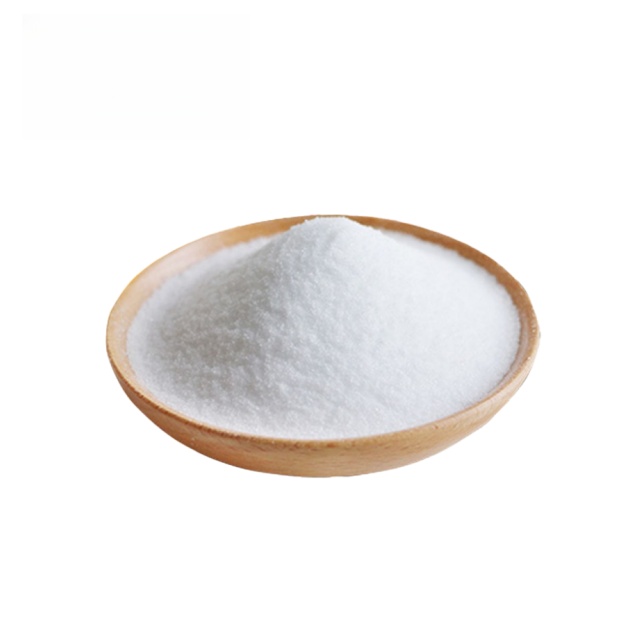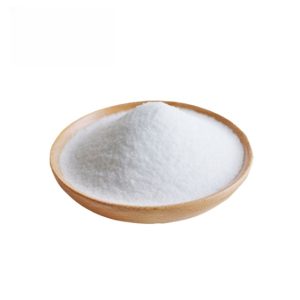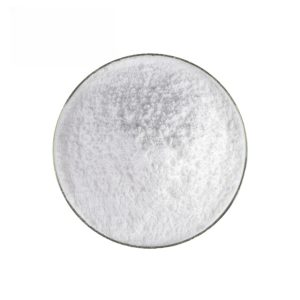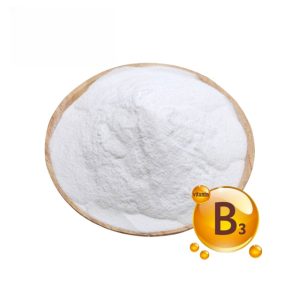Basic Information
- Chemical Name: L-Leucine
- English Name: L-Leucine
- Chemical Formula: C₆H₁₃NO₂
- Molecular Weight: 131.18
- Physical State: White, lustrous, hexagonal crystals or white crystalline powder at room temperature
Physical Properties
- Solubility:
- Soluble in dilute hydrochloric acid and alkaline hydroxide and carbonate solutions
- Slightly soluble in ethanol (0.07%)
- Insoluble in ether
- Melting Point: 293~295°C (decomposition)
- Boiling Point: No specific boiling point data, but the boiling point range is approximately 225.8±23.0 °C (at 760 mmHg)
- Density: 1.0±0.1 g/cm³
- Specific Rotation: [a] D20 +14.5^-+16.0 (6mol/L HCl, C=1)
Chemical Properties
- Stability: Stable in aqueous solutions of inorganic acids in the presence of hydrocarbons
- Sublimation Point: 145~148°C
Physiological Functions
- Protein Synthesis: As a component of proteins, it participates in protein synthesis processes, crucial for muscle growth and repair.
- Maintenance of Nitrogen Balance: Helps maintain nitrogen balance in the body.
- Activation of Signaling Pathways: A key regulator of the mTOR (mammalian target of rapamycin) signaling pathway, promoting protein synthesis and muscle growth.
- Regulation of Blood Sugar and Insulin: Considered to play a role in regulating blood sugar levels, promoting insulin secretion, and maintaining blood sugar stability.
Food Sources
L-Leucine is primarily found in protein-rich foods such as meat, fish, dairy products, and soybeans.
Precautions
- Deficiency Symptoms: Deficiency in L-Leucine may lead to symptoms similar to hypoglycemia, such as headaches, dizziness, fatigue, and depression.
- Excessive Intake: While L-Leucine is an essential amino acid, excessive intake may also lead to side effects such as pellagra, vitamin A deficiency, dermatitis, diarrhea, mental disorders, and an increase in the amount of ammonia in the body, which can damage liver and kidney function.
In summary, L-Leucine is an essential branched-chain amino acid that has various important functions in the human body, including participating in protein synthesis, maintaining nitrogen balance, activating signaling pathways, and regulating blood sugar and insulin. However, it is also important to maintain a balanced intake to avoid potential health issues caused by deficiency or excess.




Reviews
There are no reviews yet.